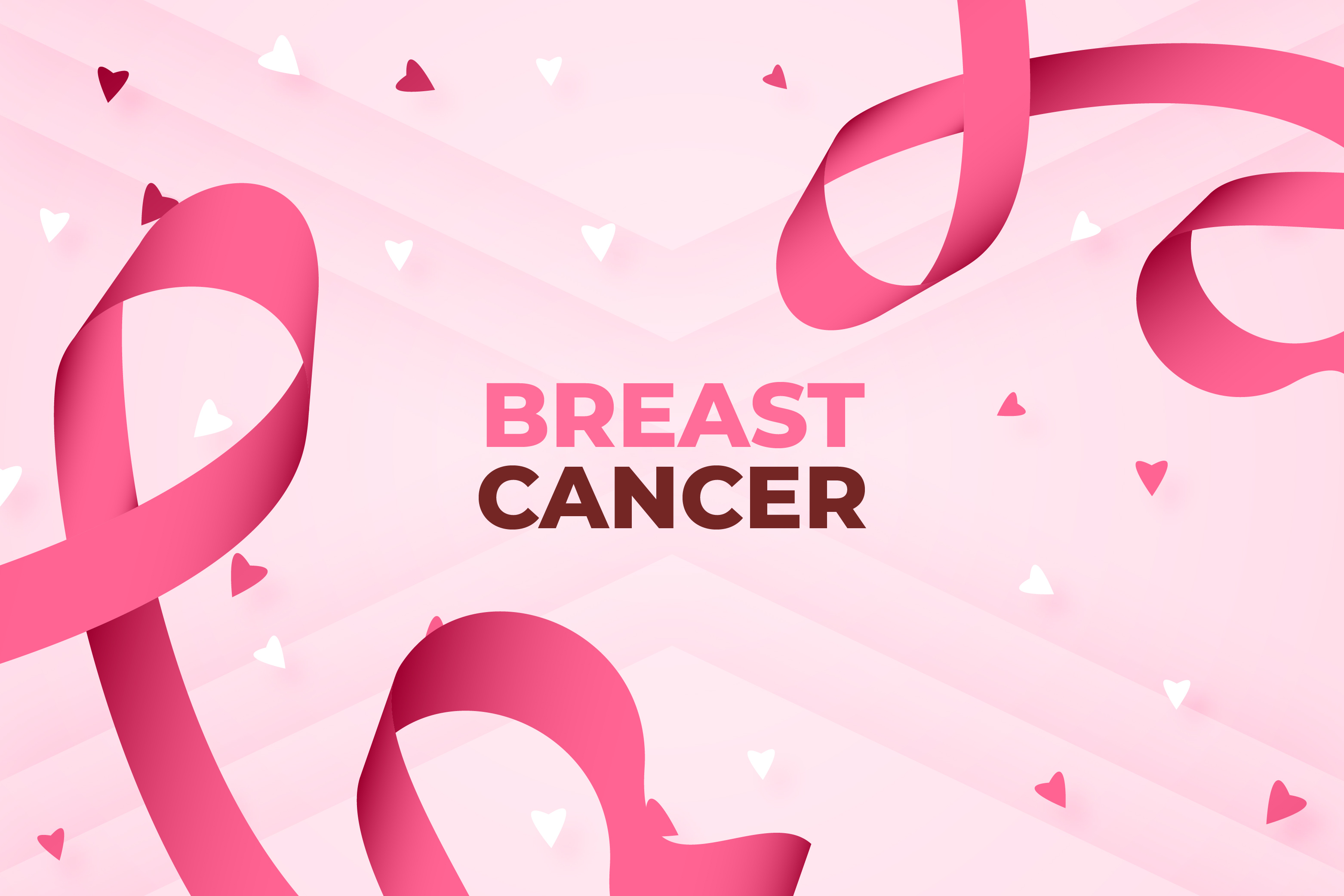
- Home
- DescriptionNews
UCS offers breast cancer gene test

UCS offers breast cancer gene test
Patients diagnosed with breast cancer can can now access BRCA gene testing as part of the Universal Coverage Scheme (UCS). The test aims to reduce the risk of inherited cancer genes in the patient clans.
Since 2021, the National Health Security Office (NHSO) , which manages the UCS has introduced BRCA1 and BRAC 2 gene testing to the scheme’s benefits package.
The BRCA gene protects humans from the development of certain cancer cells. If it’s mutated and passed down from parents to children, it’s more likely that the children will get cancer.
BRCA gene test can identify gene mutations, allowing patients to indicate the risk of breast cancer among their family members.
Introducing this test into the UCS aims to prevent cancer in the Thai population and lower the rate of illness and mortality caused by this deadly disease.
.jpg)
Dr Athaporn Limpanyalers, the NHSO Deputy Secretary-General, said that BRCA gene testing is available for Thai citizens aged 18 and above who are in one of these four groups:
First, patients aged 45 and below who are diagnosed with breast cancer.
Second, patients aged between 46 and 50 who are diagnosed with breast cancer more than once or have at least one direct relative (father, mother, siblings, or children) diagnosed with breast, ovarian, pancreatic, or prostate cancer.
Third, patients aged 50 and above who are diagnosed with breast cancer and have at least one direct relative diagnosed with breast, ovarian, pancreatic, or prostate cancer; or have at least three family members diagnosed with breast cancer; or have at least 2 family members diagnosed with breast or prostate cancer.
Forth, patients with triple-negative breast cancer of any age or male patients with breast cancer.
If the gene test finds mutated BRCA, direct relatives of the patients will be contacted for the follow-up tests.
“These criteria follow the medical guidelines of established institutions such as the National Cancer Institute and the Department of Health under the Ministry of Public Health,” said Dr Athaporn.
He added that 76 health units offer the cancer gene test for the UCS beneficiaries.
Sixty-nine of those are laboratories responsible for genetic risk assessment, pre- and post-genetic testing consultations, sample collecting, and comprehensive care for breast cancer patients. Seven are public- and private-run laboratories specialized in BRCA1 and BRCA2 gene test
The NHSO has collaborated with the regional cancer care network under the Public Health Ministry to improve patients’ access to gene testing.
This collaboration involves coordinating hospitals and laboratories to seek places that conduct BRCA1 and BRCA2 gene tests.
Dr Athaporn emphasized that breast cancer is a prevalent disease among Thai women, ranking as the top cancer in females.
The 2020 data from the World Health Organization indicated a high incidence of breast cancer among Thai women, with 213.32 cases per 100,000 individuals.
Some cases result from mutated genetic transmission from one generation to another. Individuals with BRCA1 or BRCA2 genes have a significantly higher risk of breast cancer up to 80%.
“The availability of gene tests under the UCS will play a crucial role in identifying those at risk, reducing the rates of illness and death from breast cancer,” he said.

